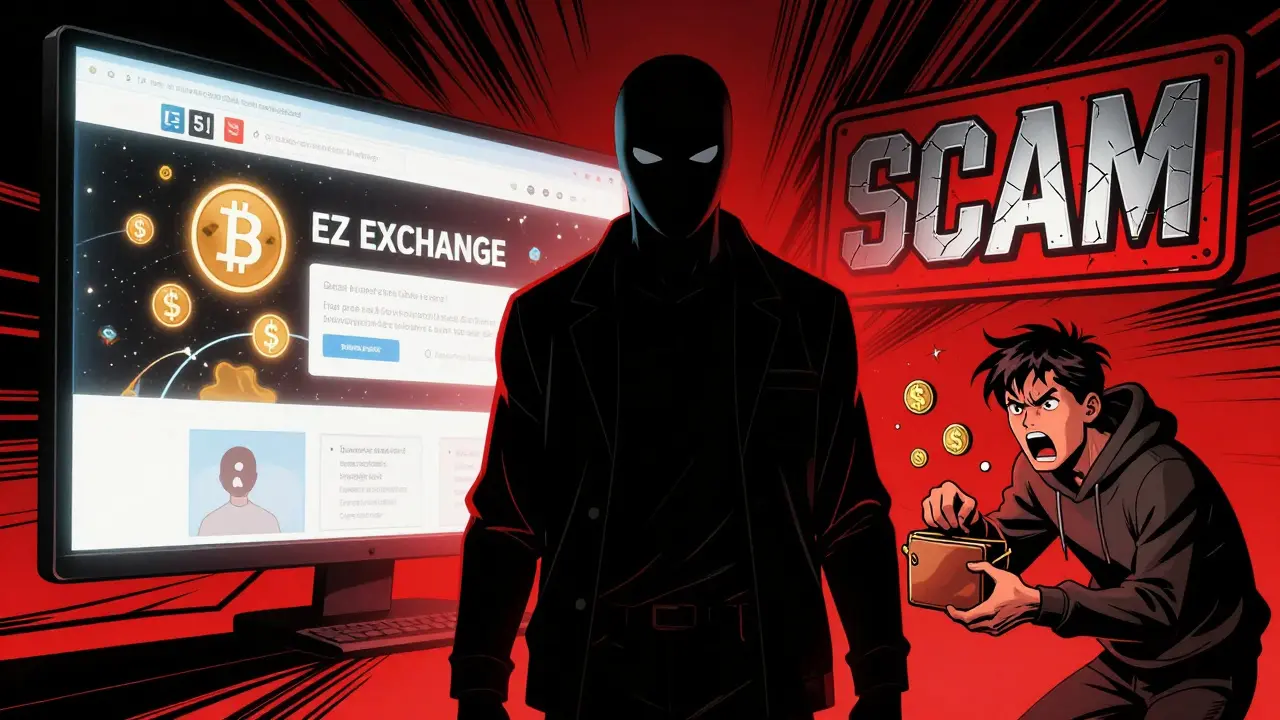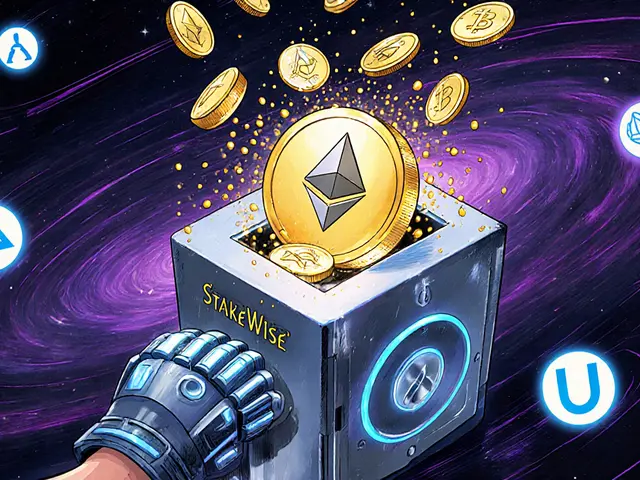Crypto Exchange: Your Guide to Platforms, Fees, and Security
When working with Crypto Exchange, a platform that lets users buy, sell, and trade cryptocurrencies. Also known as digital asset exchange, it serves retail traders, institutional investors, and anyone who wants market access.
Key factors that shape any crypto exchange experience are Trading Fees, the cost charged per transaction or withdrawal, Security Measures, protocols such as two‑factor authentication, cold‑storage, and insurance coverage, and the type of architecture—whether it’s a Centralized Exchange (CEX), run by a single entity that holds user funds or a Decentralized Exchange (DEX), a peer‑to‑peer platform without custodial control. A crypto exchange encompasses all these elements, and the right mix determines whether you stay, switch, or diversify across platforms.
What to Look for in a Crypto Exchange
First, examine fees. Some platforms charge a flat percentage on each trade, others use a maker‑taker model that rewards liquidity providers. Low fees can boost long‑term returns, but they sometimes hide higher spreads or withdrawal costs. Second, assess security. Look for multi‑signature wallets, cold‑storage percentages, and regular audits. Exchanges that have survived major hacks tend to have transparent incident‑response plans. Third, decide between CEX and DEX. CEXs like Coinbase or Kraken offer user‑friendly interfaces and fiat on‑ramps, while DEXs such as Uniswap or PancakeSwap give you full custody of assets and often lower slippage for high‑volume swaps. Finally, check the range of supported assets. A diverse catalog lets you pivot from Bitcoin to niche memecoins without opening new accounts.
Our collection of articles mirrors these decision points. The CODEX Exchange Review breaks down hybrid CEX/DEX features, fee tiers, and security claims, letting you compare it side‑by‑side with industry giants. The Crypterum review highlights why an exchange might become inactive, pointing out red flags like regulatory gaps and fee spikes. For those who love low‑cost DEX trading, the JetSwap (Polygon) review shows how tokenomics and gas optimization affect your bottom line. Meanwhile, the FLATA Exchange review offers a quick safety checklist you can run before depositing any funds.
Beyond fees and security, the regulatory environment plays a huge role. Jurisdictions differ on how they treat crypto platforms, and an exchange’s compliance status can affect everything from withdrawal speed to the availability of certain tokens. The Équilibre crypto exchange review dives into whether a platform is truly a DeFi token or a full‑blown service, helping you spot hidden risks. Similarly, the CryptoBulls and CryptalDash reviews compare how regional regulations shape user experience, especially for traders in the EU or the Middle East.
Another angle many traders overlook is the quality of customer support. When you hit a snag—say, a frozen withdrawal or an unexpected fee—fast, knowledgeable help can save you time and money. The Safebulls review scores each platform’s live‑chat responsiveness, ticket resolution time, and community resources. The CODEX and FLATA reviews also note the presence of educational hubs, which are useful for newcomers trying to understand staking, margin trading, or cross‑chain swaps.
If you’re interested in cutting‑edge technology, look at how exchanges integrate layer‑2 solutions and rollups. The Blockchain Rollups Explained article clarifies why platforms that adopt zk‑rollups or optimistic rollups can offer near‑instant trades with reduced gas fees. Exchanges that embed these techs—like the upcoming features in CODEX—often give early adopters a competitive edge.
Finally, keep an eye on ancillary services such as staking, lending, or token launchpads. Platforms that bundle these features let you earn yields without leaving the ecosystem. The Echo Protocol review showcases a crypto bridge token that also offers liquid staking, while the Orbital Finance overview explains how cross‑chain bridges can unlock new arbitrage opportunities.
All this context sets the stage for the posts below. Whether you’re hunting the lowest fees, the strongest security, or the newest DeFi tools, the articles in this collection give you actionable insights and clear comparisons to help you pick the exchange that fits your style.<












